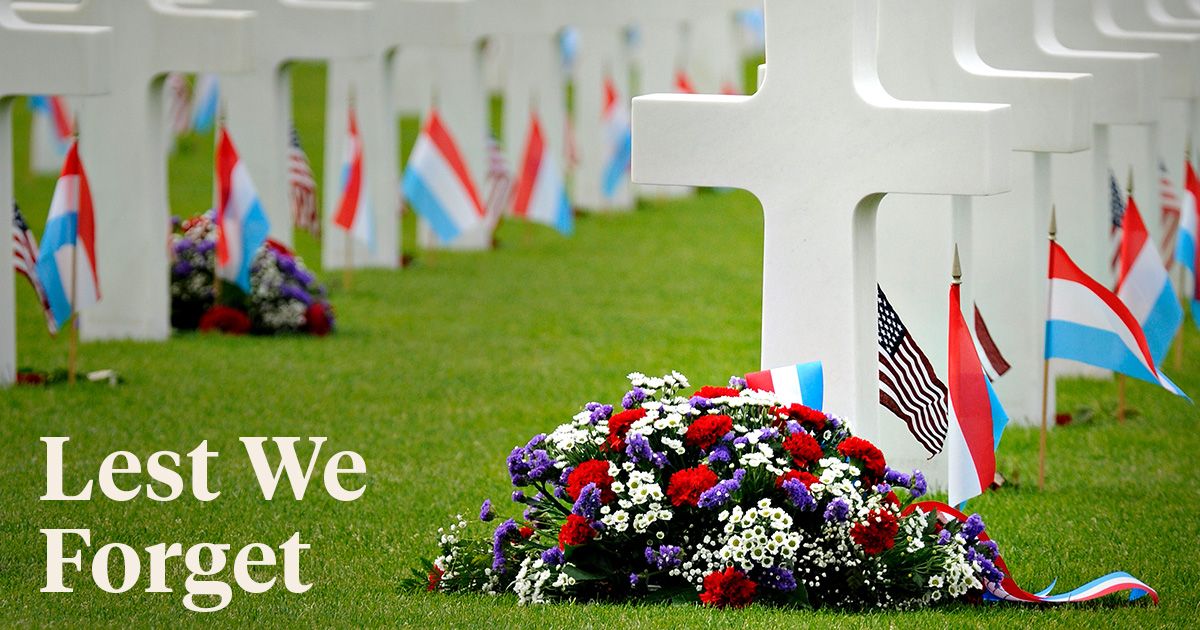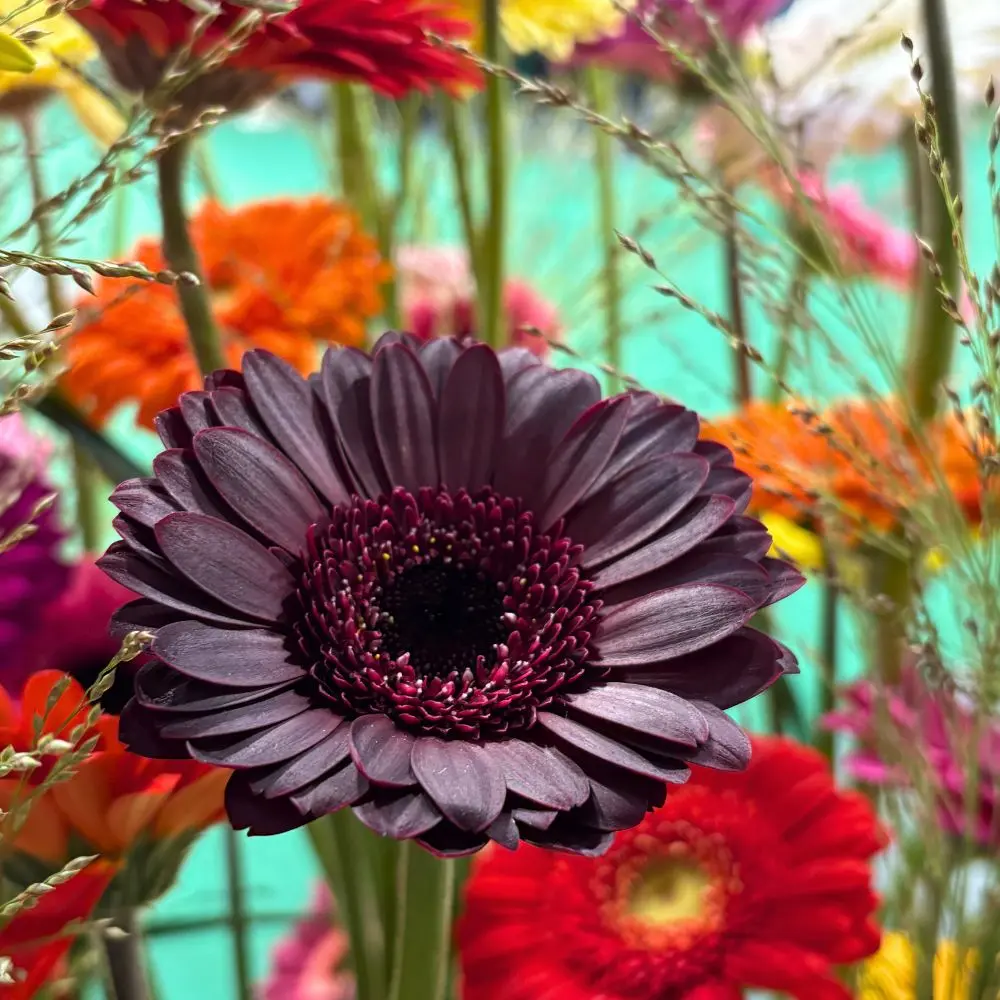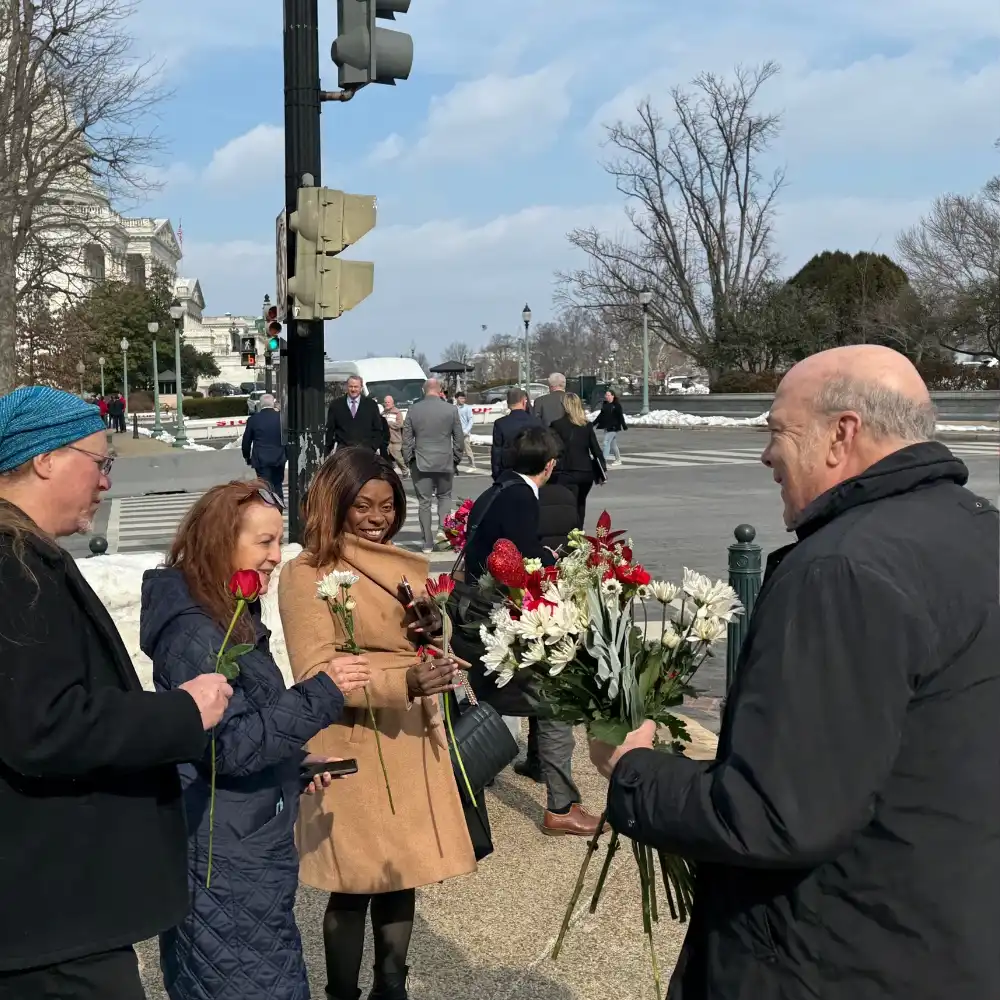The last Monday of May, normally, sees Americans observe one of the most important and meaningful holidays of the year: National Memorial Day. This is a day dedicated to the remembrance and honoring of the men and women who made the ultimate sacrifice to defend the nation. This year, the day is commemorated on May 27.
The National Memorial Day is, essentially, not a celebration per se but a solemn day to reflect on military personnel who are departed. It is a time for reflection, gratitude, and tribute, and holds a special place in the hearts of Americans, thus being observed in various ways across the country. With that in mind, here’s all you’d want to know about this day. Lest we forget.
The Origins of Memorial Day
Not to be confused with Veterans Day, Memorial Day is a federal holiday in the U.S. whose roots can be traced back to the Civil War, when families and communities would decorate the graves of fallen soldiers with flowers, and hold picnics and gatherings to pay their respects to them.
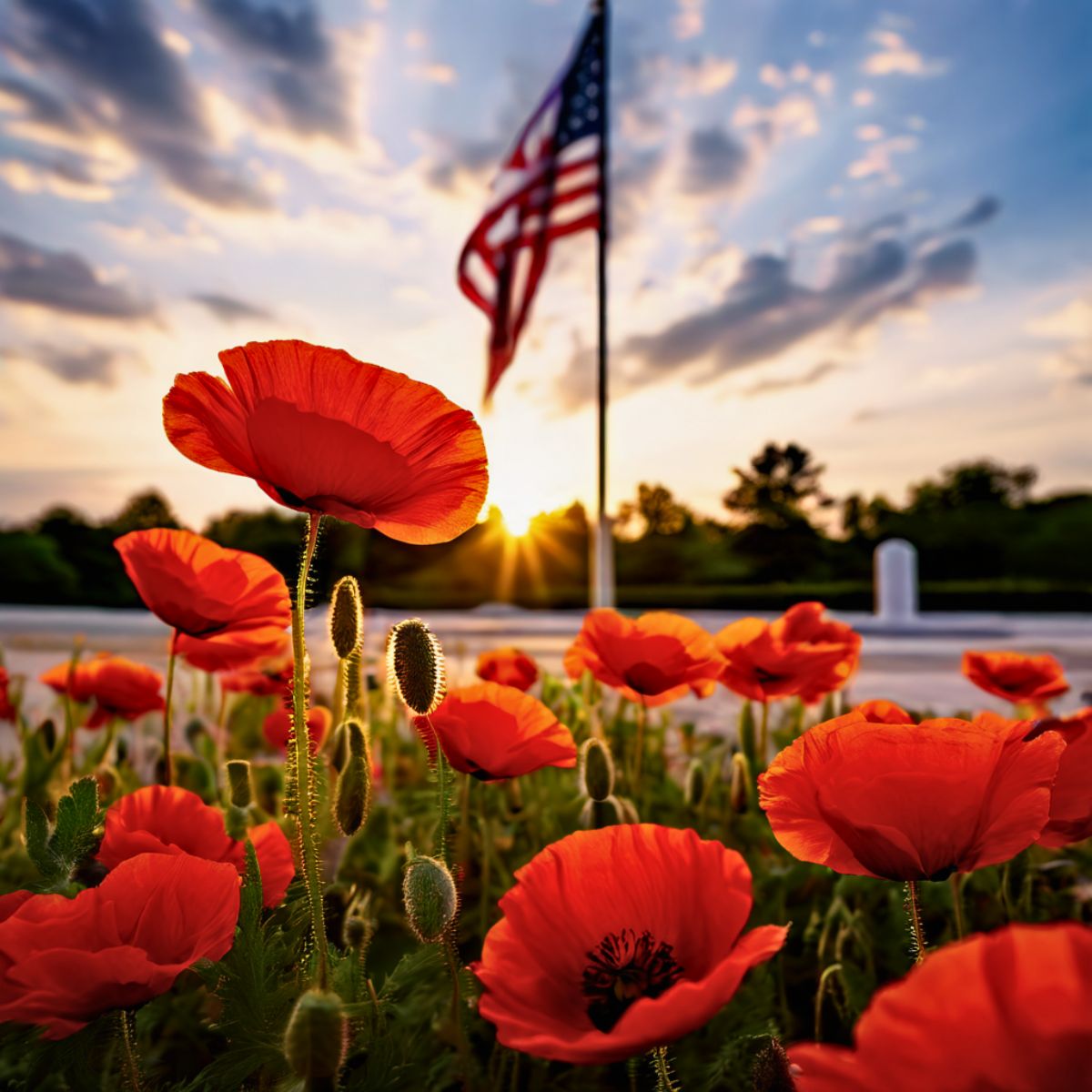
This practice, sometimes known as Decoration Day, was first observed on May 30, 1868, when it was decreed by Commander-in-Chief John A. Logan of the Grand Army of the Republic to honor Union soldiers who died in the Civil War. Then, flowers were placed on the graves of Union and Confederate soldiers at Arlington National Cemetery, outside Washington, D.C.
This first practice of commemoration was in the years following the Civil War of 1861–1865, a conflict that claimed so many lives in U.S. history, leading to the establishment of the country's first national cemeteries. In the spring of 1865, and the years that followed, Americans in various towns and cities began holding tributes to the fallen soldiers, adorning their graves with flowers, and reciting prayers. The day was, consequently, adopted by all Union states. As families and communities pay respects during Memorial Day, another tradition also holds significance among military members and veterans—the exchange and challenge of military coins. Many groups use challenge coins not just for their symbolic value but as a means to foster camaraderie. If you want to honor the tradition correctly, understand how to practice military challenge coin etiquette.
Even so, the Southern states continued to honor their dead separately until after World War I. Eventually, over time, the holiday evolved to commemorate American military personnel who died in all wars, and in 1971, it became an official federal holiday observed, creating a three-day weekend and making it easier for families and communities to come together for that purpose.
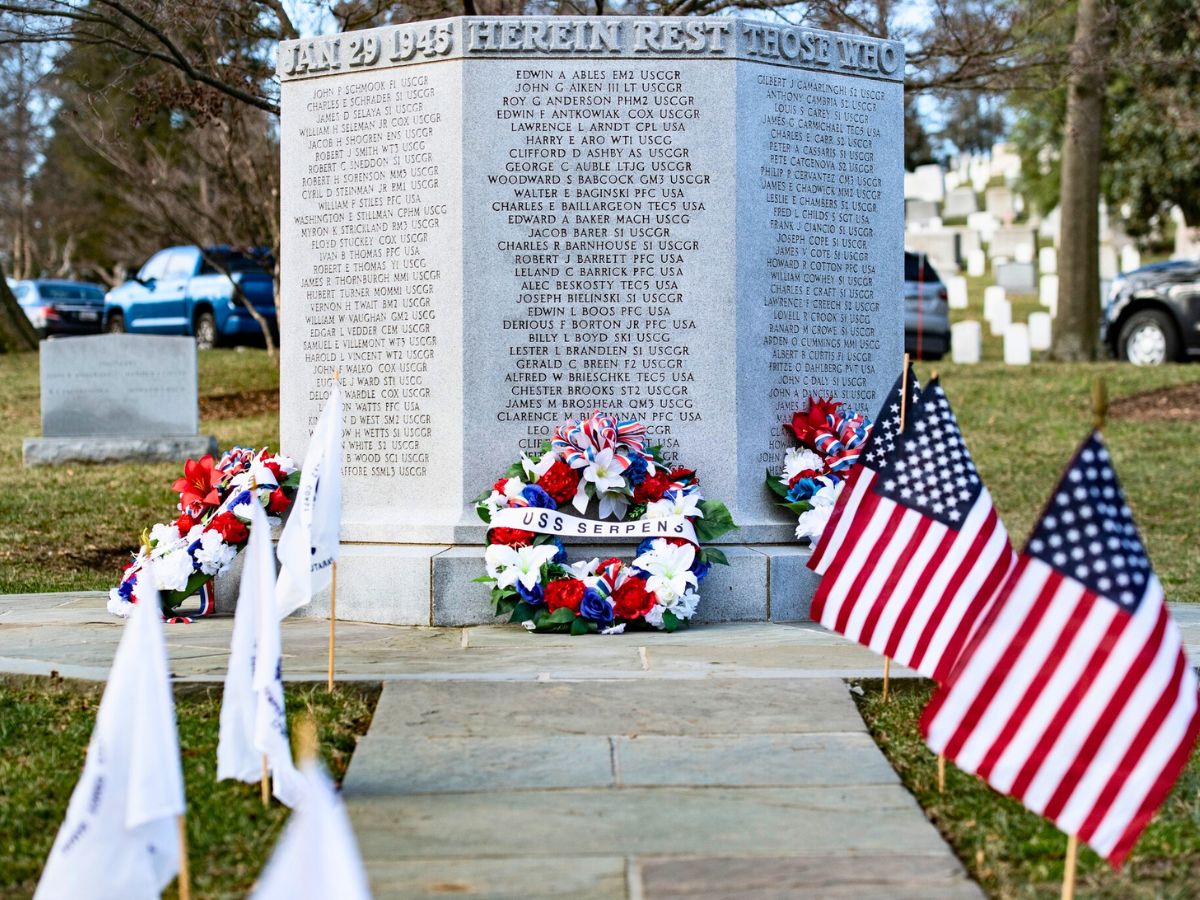
Poppies and the Role of Flowers in Memorial Day Commemorations
Since the very beginning, flowers have played a significant role in Memorial Day observations. In the early days of Decoration Day, families would gather wildflowers and place them on graves, creating a colorful yet solemn tribute. Today, blooms - especially poppy - continue to be integral to the day’s observance. They are a symbol of respect, gratitude, and remembrance.
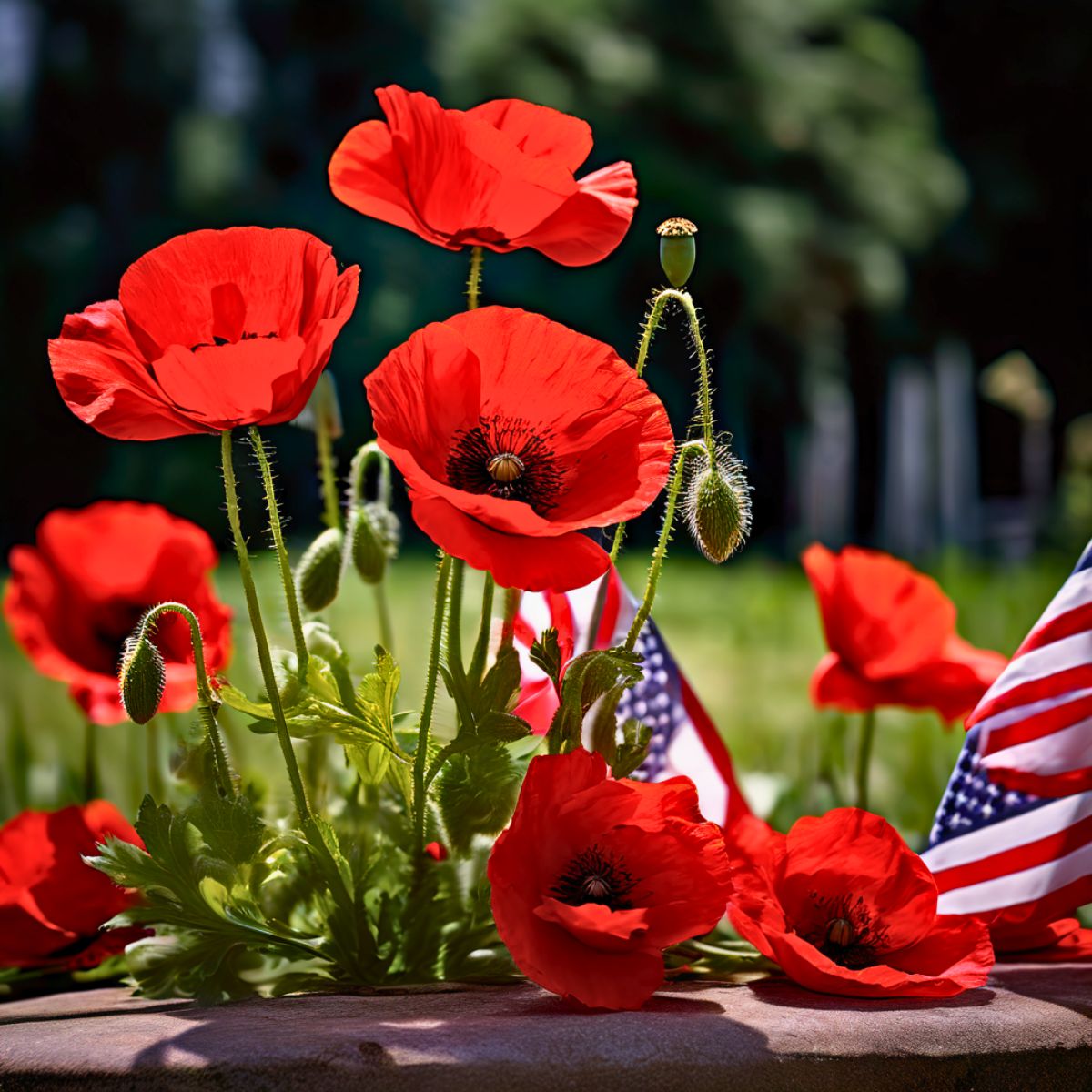
The choice of flowers for Memorial Day is not uninformed; certain blooms have become deeply symbolic of the occasion. The red poppy, in particular, has become a unanimously acknowledged symbol of remembrance, hence associated with Memorial Day. This poppy's vibrant red color and delicate nature are believed to represent the blood shed by the fallen and the delicateness of life.
This tradition dates back to World War I when the red poppy grew in abundance on the battlefields of Flanders, Belgium. The poem ‘In Flanders Fields,’ written by Lieutenant Colonel John McCrae in 1915, immortalized the image of the red poppy growing among the graves of fallen soldiers.
Just so you know, Lieutenant Colonel McCrae was particularly moved by the red poppy flowers he saw popping up all through Europe after conflicts had cooled down. He saw a cluster of these flowers cover Flanders Field in Belgium that spring, where he served as a brigade surgeon for an Allied artillery unit. Soon after, a big battle erupted, killing roughly 87,000 allied soldiers, including one of his closest friends. That’s when - and why - he wrote the poem, as he was overcome with sorrow and grief. It paid homage to the troops who lost their lives in that conflict.
In Flanders Fields
In Flanders Fields, the poppies blow
Between the crosses, row on row,
That mark our place; and in the sky
The larks, still bravely singing, fly
Scarce heard amid the guns below.We are the dead. Short days ago
We lived, felt dawn, saw sunset glow,
Loved and were loved, and now we lie,
In Flanders fields.Take up our quarrel with the foe:
To you from failing hands we throw
The torch; be yours to hold it high.
If ye break faith with us who die
We shall not sleep, though poppies grow
In Flanders fields.John McCrae (1872-1918)
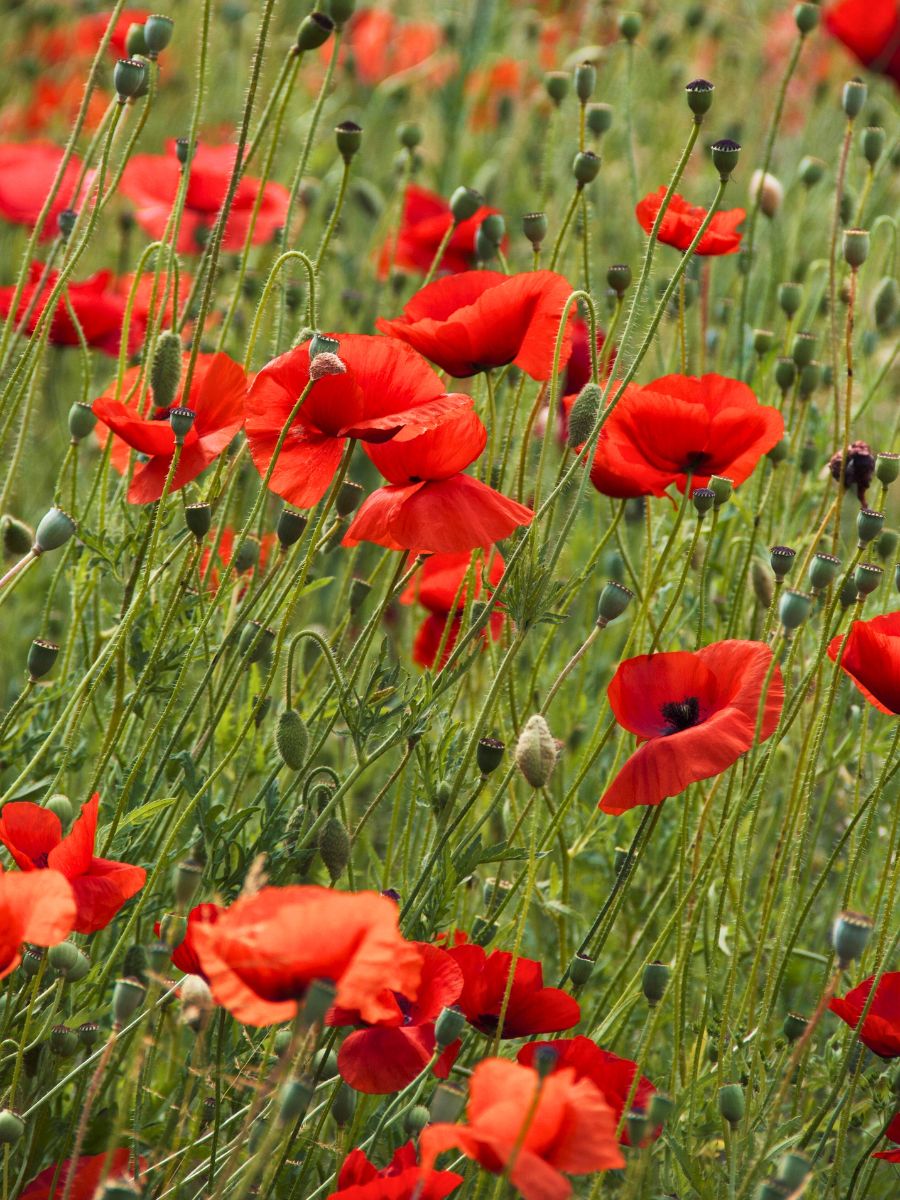
Morpheus, God of Sleep and Dreams
All through history, the iconic poppy has been filled with a richness of symbolism and significance; signifying everything from everlasting sleep and oblivion to the passing nature of life itself. In ancient Greek mythology, for instance, the poppy was closely associated with the god of sleep and dreams, Morpheus, while in more contemporary settings, the flower has become a symbol of remembrance and respect for those who have fallen in the course of service for their countries.
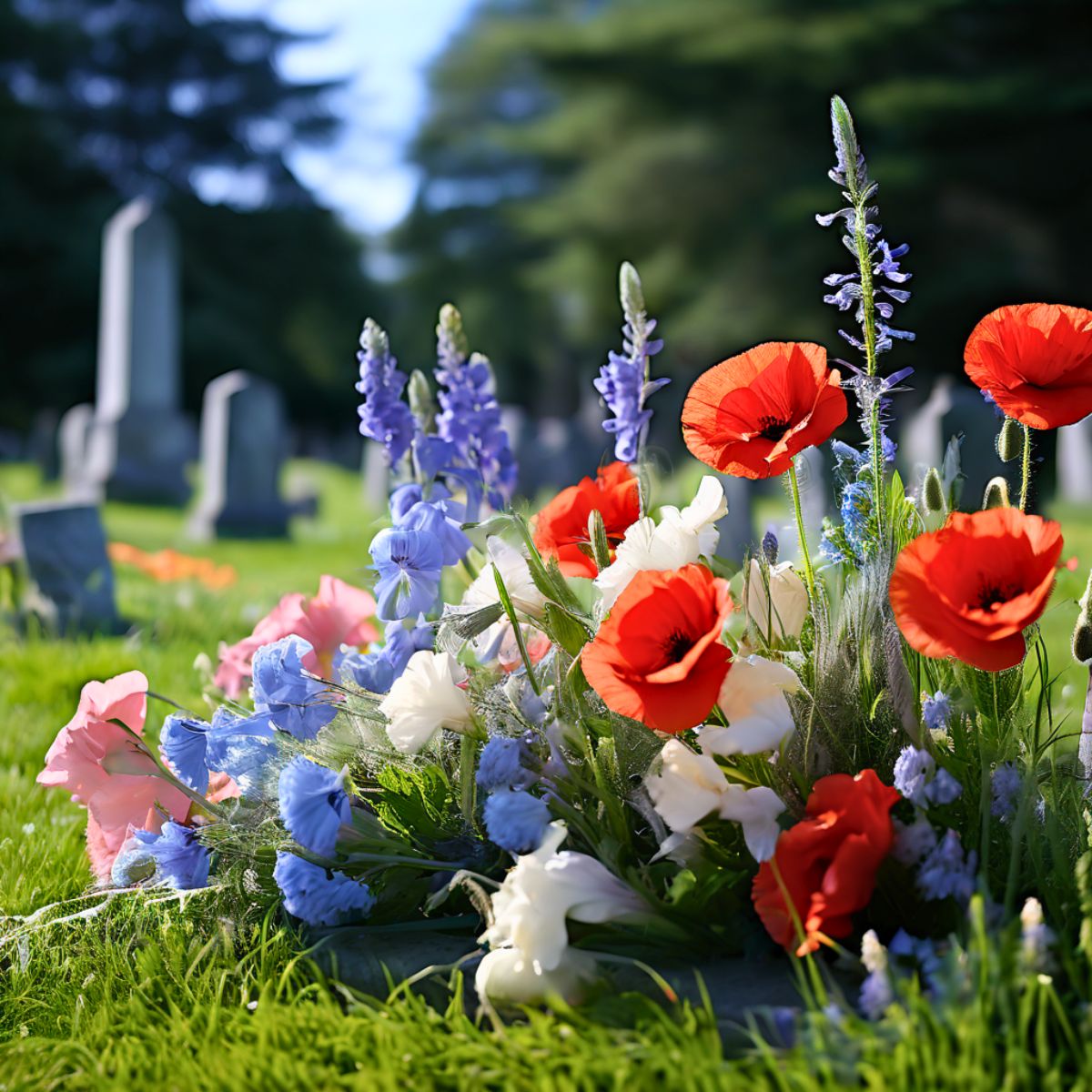
In this regard, the red poppy is worn on Memorial Day as a symbol of tribute and reverence, with many organizations distributing these flowers and pins to raise awareness and funds for veterans' causes.
Other Flowers Often Used During Memorial Day Observance
But there are other flowers used during Memorial Day observances. These include white carnations, which symbolize innocence and pure love, and red carnations, which represent admiration and respect. Also, the white lily, with its elegant stems and fragrant blooms, is often used to represent the purity and innocence of those who have passed, and the red rose, a symbol of love and sacrifice, while the white rose signifies reverence and honor.

Marigolds are also another flower that can be used, as they are sometimes used to represent the strength and courage of the fallen, while the gladiolus symbolizes remembrance, and comes in a variety of colors, including red and white. Likewise, forget-me-nots are, also, another customary choice for Memorial Day bouquets and arrangements, just as are peonies, which often bloom in May and are, equally, fittingly symbolic.
Other flowers effective for this day’s observance include blue hydrangeas, blue delphiniums, tulips, blue irises, white gerbera daisies, and varieties of foliage.
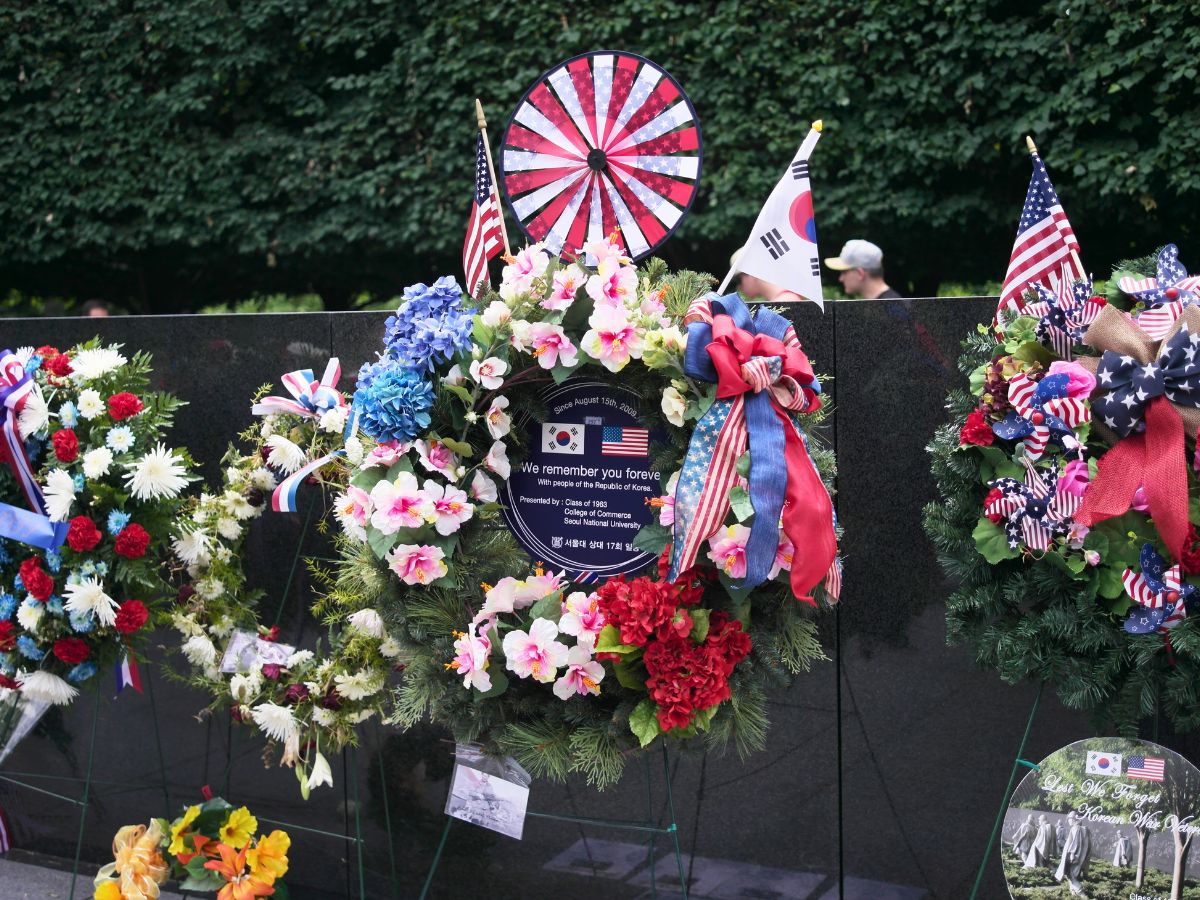
Flower Arrangements and Designs for Memorial Day
When it comes to creating flower arrangements and designs for Memorial Day, there are several options to consider. One can, for instance, use a patriotic color scheme to create a Memorial Day floral arrangement featuring red roses, white lilies, and blue delphiniums.
One can also do a poppy-inspired design that incorporates red poppies or poppy-inspired flowers, such as gerbera daisies or tulips, in an arrangement that pays homage to the Memorial Day flower.
Alternatively, one can create a beautiful wreath or garland using flowers, foliage, and ribbons in red, white, and blue hues to adorn graves, memorials, and homes, or opt for a simple yet powerful, arrangement featuring a single stem of red roses or a bouquet of white lilies, symbolizing respect and gratitude.
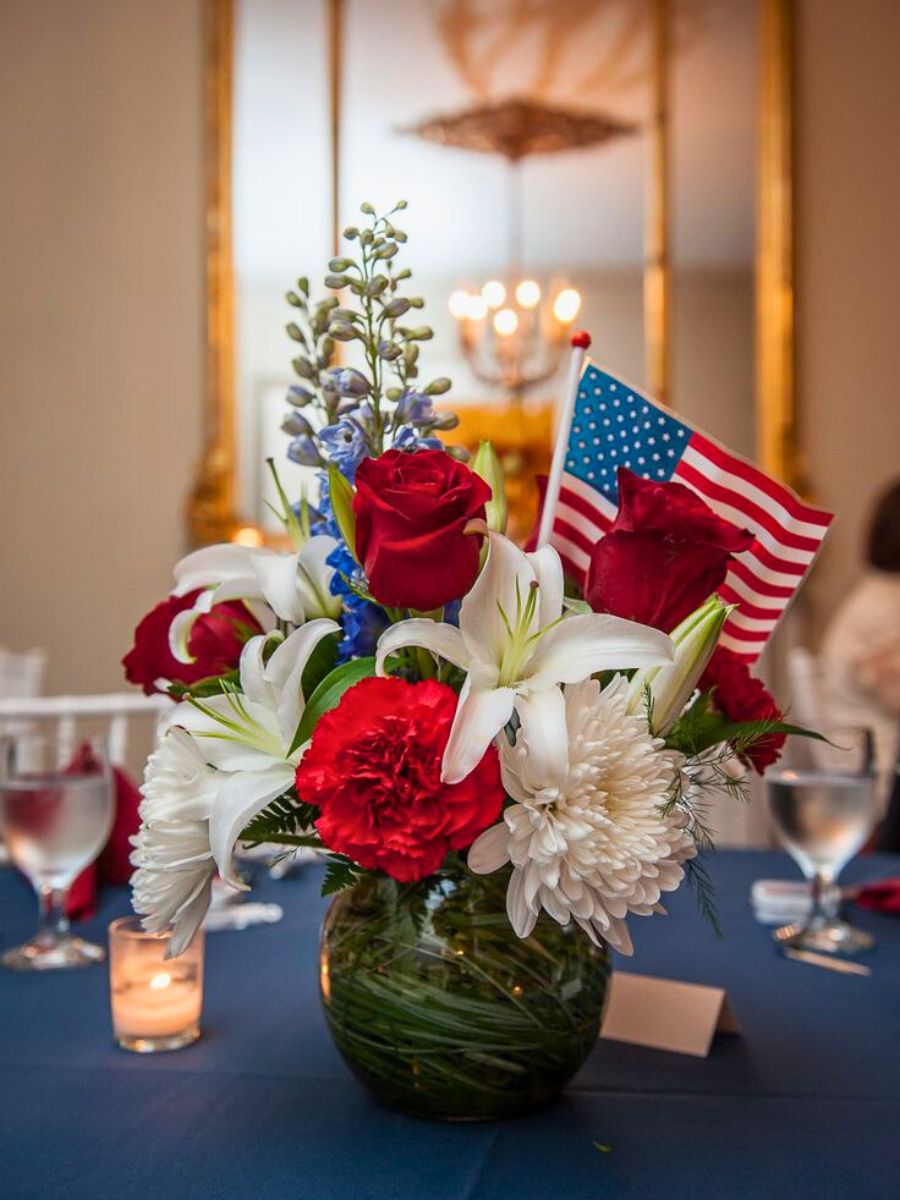
Essentially, all these flowers can be creatively paired and used in varied designs and arrangements that pay respect to the fallen heroes and show patriotism. In such designs and arrangements, one can use patriotic containers such as patriotic-themed vases, urns, or planters to add an extra layer of meaning to the flower arrangement.
Even so, regardless of the specific floral design or arrangement, the use of flowers on Memorial Day remains symbolic of the nation's reverence for its fallen heroes.
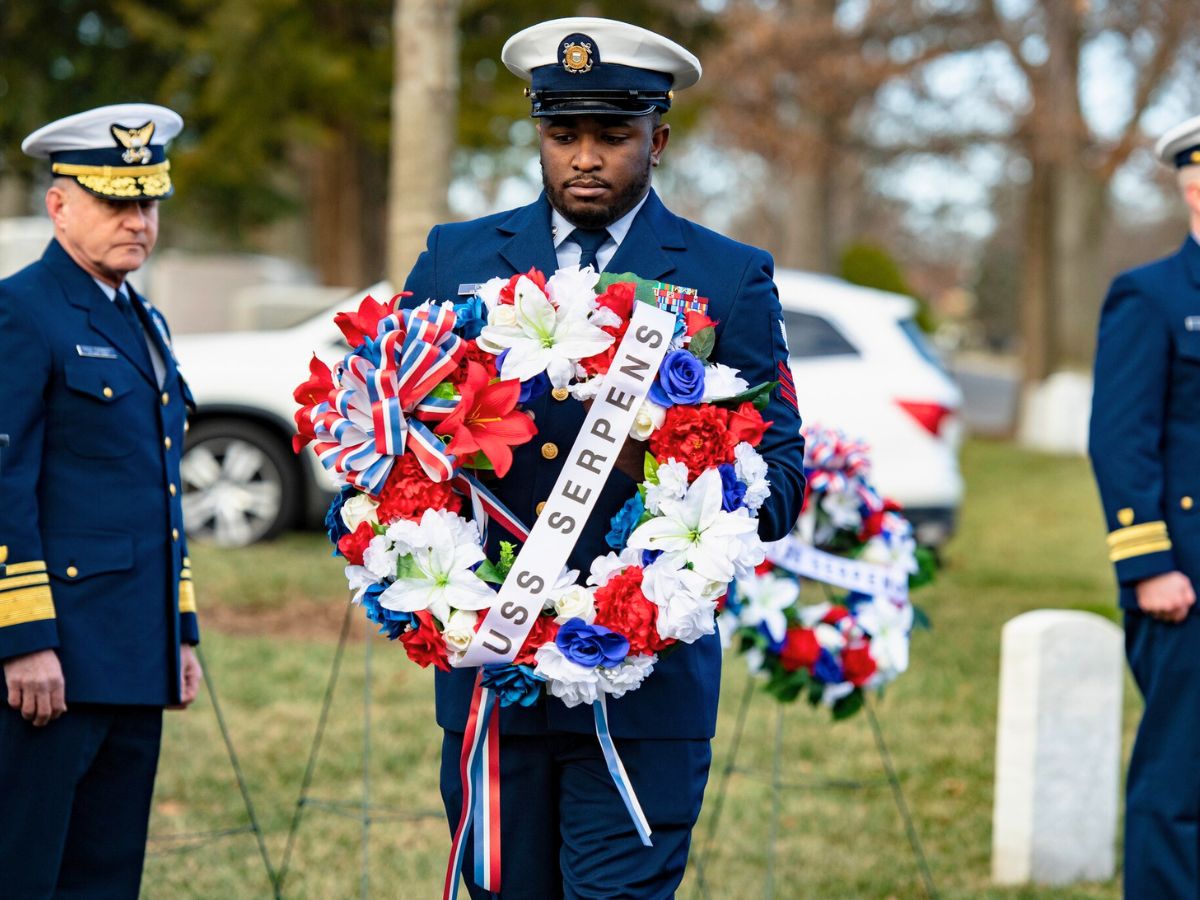
Why Flowers Matter on Memorial Day
Flowers play a vital role in Memorial Day observances. They, for starters, add a touch of beauty to the commemorations. Flowers bring not just a sense of beauty but also serenity to graves, memorials, and ceremonies, bringing a subtle cheer to the solemnity of the occasion.
Also, since flowers have the power to convey emotions and sentiments, they allow one to express gratitude, respect, and love for those who have served and sacrificed. They, similarly, serve as a symbolic connection to the past, linking people to the memories and sacrifices of those who came and went before.
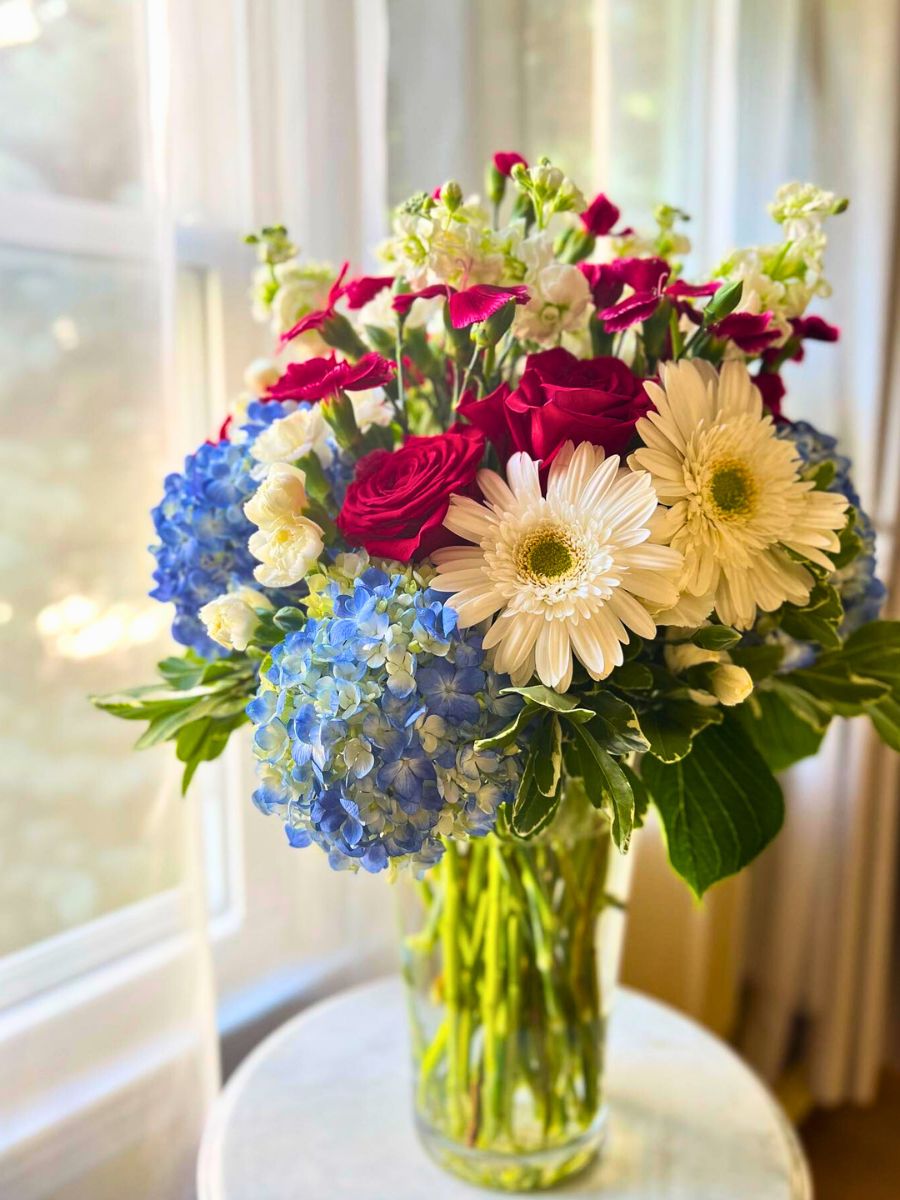
What’s more, flowers bring people together, nurturing a sense of community and shared purpose as all Americans come together to honor their fallen heroes. Thus, incorporating flowers into Memorial Day commemorations creates an evocative yet beautiful tribute.
Traditional Memorial Day Celebrations
As widely acknowledged, National Memorial Day is really not a time for celebrations. It is a solemn occasion marked by a range of equally solemn activities and traditions. People, for instance, attend parades, often featuring marching bands, veterans' groups, and community organizations. Others visit national cemeteries and memorials, where volunteers place flowers and American flags on the graves.
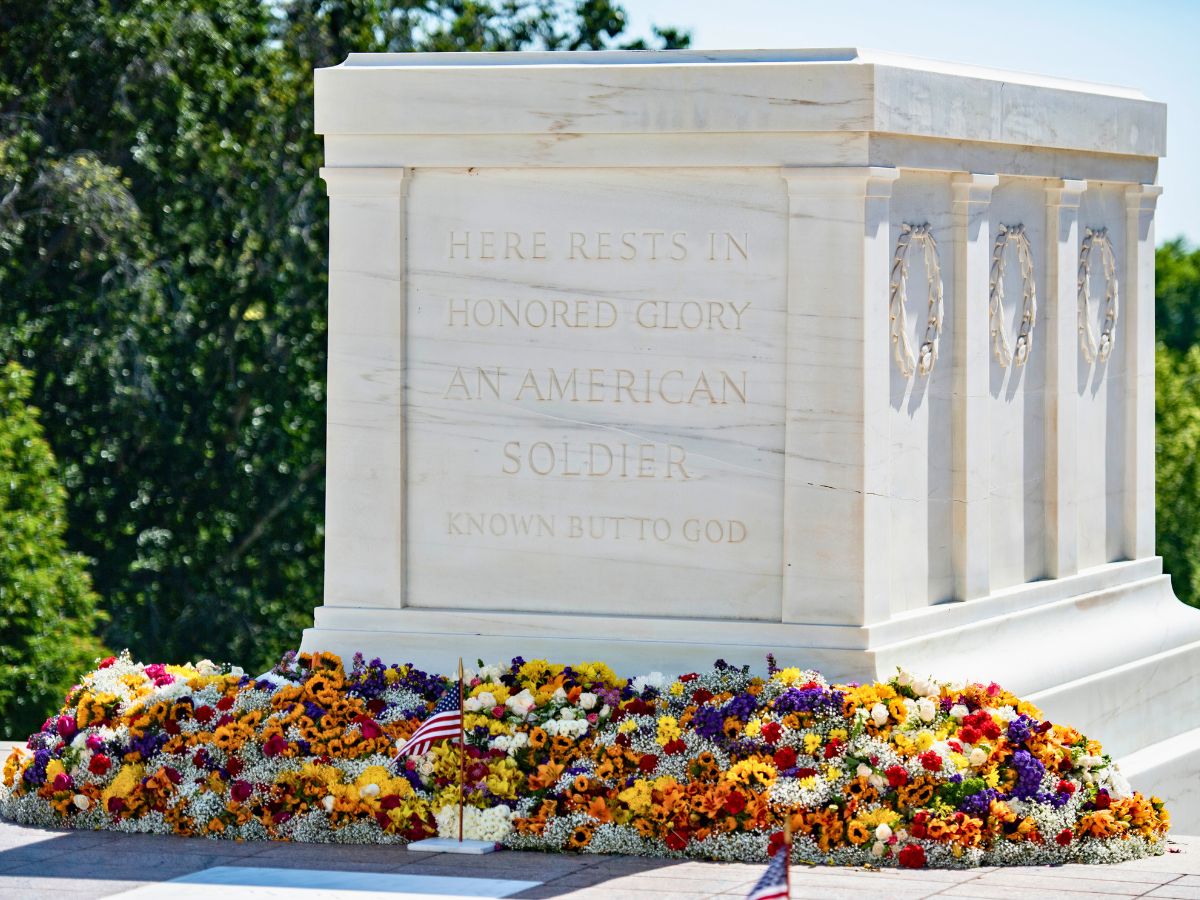
But one of the most significant aspects of the day is the National Moment of Remembrance, created in 1999 by President Bill Clinton, and observed at 3:00 p.m. local time. During the National Moment of Remembrance’s minute of silence, Americans are encouraged to pause and reflect on the sacrifices made by the country’s fallen heroes.
Beyond these, one can also observe the day by wearing a Memorial Day button from the first of May until Memorial Day, visiting cemeteries and placing flags or flowers on the graves of the fallen heroes, and flying the U.S. flag at half-staff until noon.
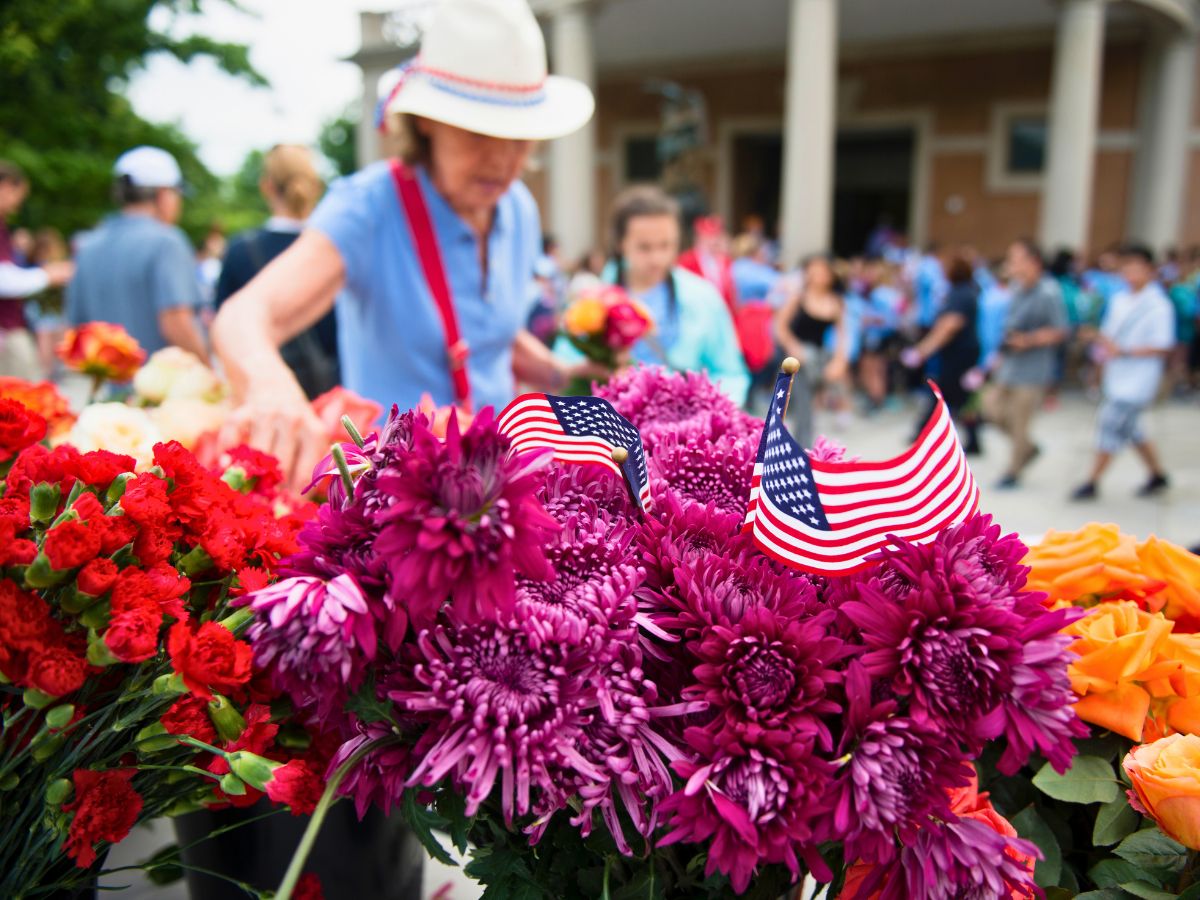
Also, since Memorial Day is a time of ‘National Mourning', one can mark it by attending religious services of their choice, visiting memorials, renewing a pledge to help the widows and orphans of the fallen dead, and assisting the disabled veterans. It, essentially, is all about what one can do to remember, honor, and commemorate the men and women who made the ultimate sacrifice to defend the country.
Header image by Senior Airman Benjamin Wilson via Wikimedia Commons

